James Ladyman is Professor of Philosophy at the University of Bristol, co-editor of Arguing About Science and Scientific Metaphysics. His work has focused on the philosophy of science and mathematics. Here, he discusses the difference between everyday and scientific truths, and whether or not science has too much power in contemporary culture.
What would it mean for science not to be true?
Well, there are lots of examples of false science…
Science itself, not just a part of science.
Well, it makes no sense to talk about science being true. I think science is something like an institution or a collective activity. As such it’s not really true or false, but it produces various statements that might be true or false. Some of them are true and some of them are false.
So can science produce things that we know are true, or can it only produce things that aren’t yet false?
I think, within a reasonable degree, it can produce things that are true; what an ordinary person would think of as knowing, in the sense that I know I was in Bristol this morning. You could say, “Ah well, you might have been created only five minutes ago with all those memories.” And I’d say, “Yes, that’s quite a radical sceptical doubt.” I can’t argue against that. But there’s no more problem with presupposing that kind of radical doubt is false in a scientific context than in everyday life. In everyday life it feels true that we know all sorts of things about the world, either on the basis of evidence, or because someone else has told us.
Has science been given too much power in our culture?
I would say probably not enough, in the sense that truly scientifically-informed decision making often doesn’t feature in political decision making. I think it’s more to do with pandering to popular opinion, and I think that is often mistaken.
So for example, the evidence may suggest that we should do one or other thing, then people may have a prejudice which means that politicians won’t act that way. I don’t think science can really tell you what you should do, it can give you the facts and you should make your decision being informed by those facts. I don’t think that science has too much power, because in the end it’s usually politicians who make the decisions about how our society functions.
Do you think there are other routes to truth beyond science and logic?
Yes, in your daily life you find out all sorts of true things just by opening your eyes, and that isn’t science. Clearly, perception. In the ethical domain, there are ethical truths which you’re not going to find out in an experiment or by doing a scientific study.
So you believe in ethical truths?
Personally, yes.
And how do you derive your ethical truths?
That’s a difficult question. It's some combination of thinking for yourself and believing what other people tell you, as well as your education. When you’re young, you’re taught the difference between right and wrong, I think. I certainly tell my son that he shouldn’t do some things because they’re wrong. I don’t regard that as brainwashing, I regard that as telling him the truth about how you should and shouldn’t behave.
But can something derived from a process like that be regarded as true in the same sense as something derived through a rigorous scientific process?







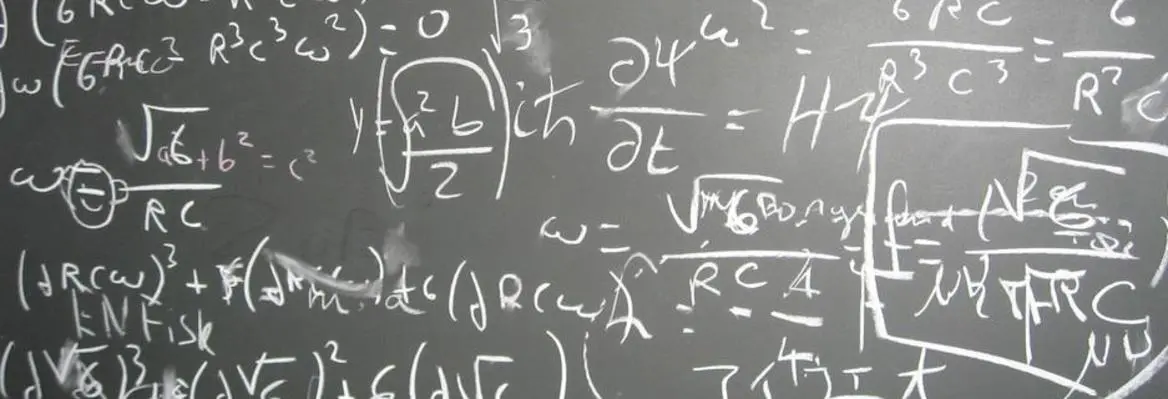


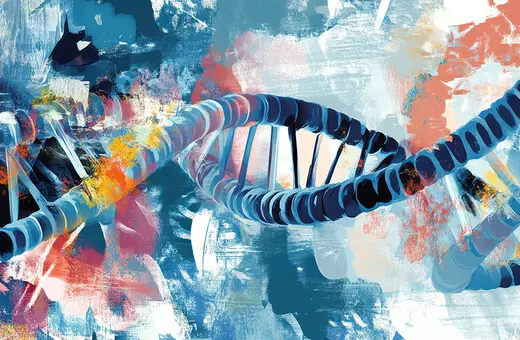
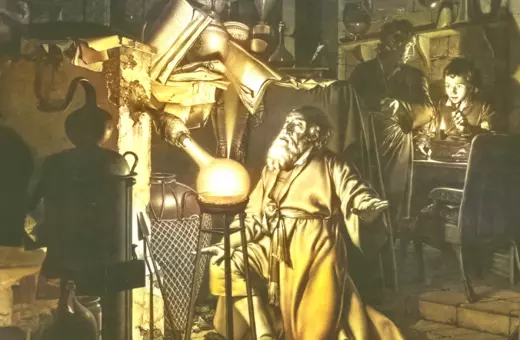
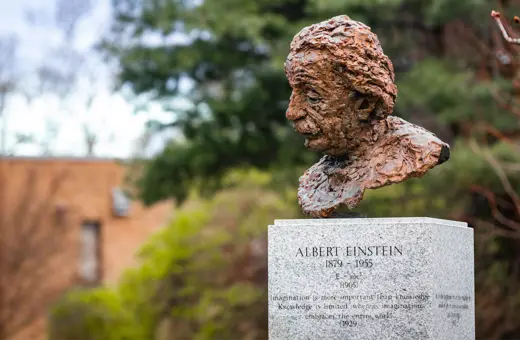
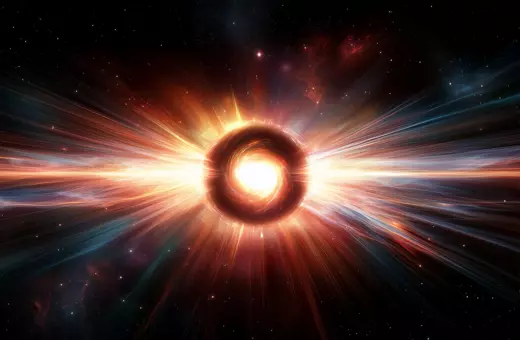
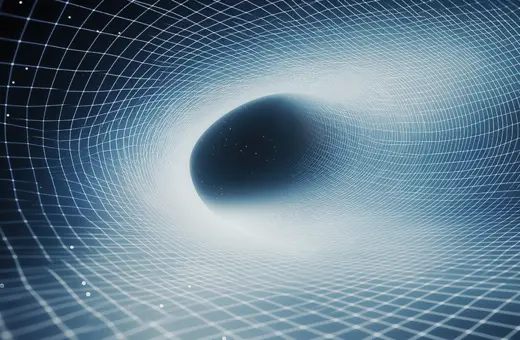






Join the conversation